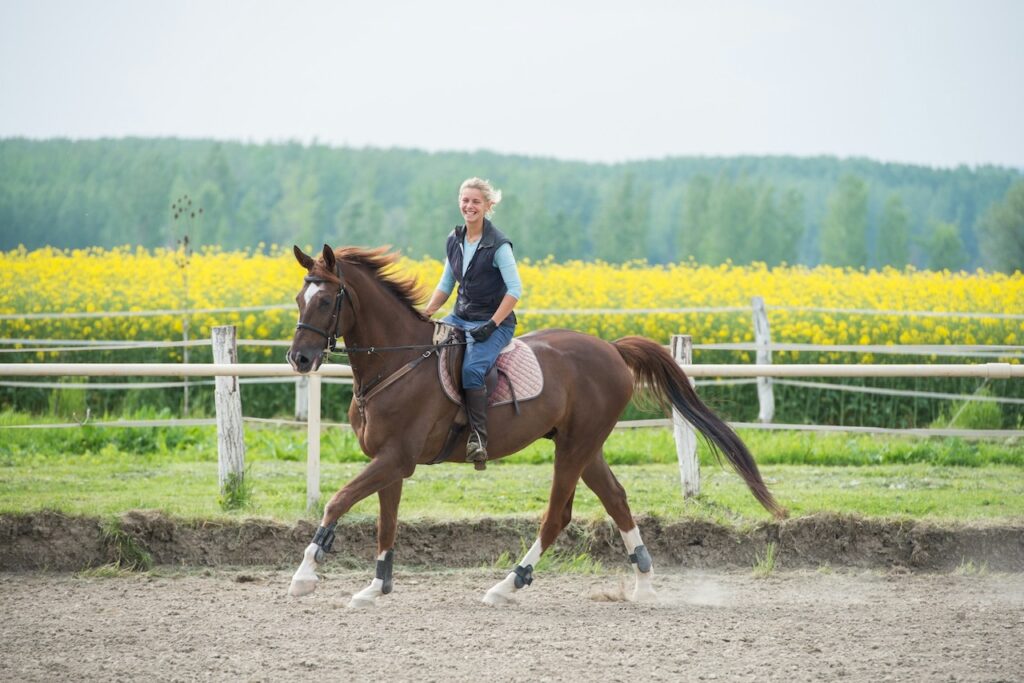
When it comes to producing a successful show horse, training and care play massive roles—but so does something determined long before a hoof ever hits the ground: bloodlines.
Ask any seasoned breeder or trainer, and they’ll tell you the same—pedigree matters. From athleticism and temperament to movement and conformation, a horse’s lineage offers clues about its future potential in the ring. In fact, many top-performing show horses share family trees that read like royalty.
So why do bloodlines matter, and how should they influence your decisions as a rider, owner, or investor?
1. Breeding for Purpose: Traits That Are Passed Down
Each show discipline values specific physical and mental traits. Breeding programs aim to replicate and refine those characteristics through careful pairings. For example:
- Hunters may be bred for long, sweeping strides and a calm demeanor.
- Jumpers need power, speed, and a sharp, courageous mind.
- Dressage horses benefit from uphill movement, suspension, and intense focus.
Top stallions and mares are chosen not just for their own success in the show ring but for their proven ability to consistently pass on desirable qualities to their offspring.
2. Bloodlines and Predictability
While every horse is an individual, a well-documented bloodline can provide a level of predictability about how a young horse may turn out.
- Does the dam line have a history of producing steady temperaments?
- Is the sire known for offspring with strong toplines or powerful hind ends?
- Are there repeat performers from a certain cross?
Knowing the answers to these questions helps owners and trainers make more informed decisions when buying, breeding, or developing young prospects.
3. Proven Success: Following the Legacy
Bloodlines don’t just predict performance—they often establish a legacy. In elite show circuits, it’s common to see familiar names reappear across top placings. Certain sires and dams become known as “producers”—a badge of honor earned through the consistent success of their foals.
Horses like Sandro Hit, Heartbreaker, or Baloubet du Rouet have not only dominated competition themselves—they’ve produced generations of winners across the globe. Their bloodlines carry weight in both reputation and price.
4. Temperament: The Often-Overlooked Inheritance
Conformation and athleticism may grab the spotlight, but temperament is equally important—especially in disciplines that require focus and trust.
Many breeders select sires and dams for their rideability, sensitivity, and work ethic. If a stallion throws hot-tempered or spooky offspring, it may limit his use despite other strengths. On the flip side, horses known for producing willing, trainable foals become favorites in both amateur and professional circles.
5. Valuation and Marketability
Let’s talk business—bloodlines influence value. A young horse with a recognizable pedigree and a strong family record of success will often command higher prices and attract more buyers.
For investors or competitive riders looking to sell or campaign a horse, having a respected bloodline adds legitimacy and market appeal. It also opens doors for future breeding opportunities, further increasing the horse’s long-term value.
6. Beyond Blood: The Whole Picture Still Matters
While bloodlines are undeniably important, it’s worth noting: they’re not everything.
A champion bloodline can’t replace good training, proper care, or a strong bond between horse and rider. Some horses beat the odds and outperform their pedigrees, while others with elite lineage never reach their potential. That’s why bloodlines should be viewed as a tool, not a guarantee.
Still, when used wisely, pedigree research can dramatically improve the chances of success—for breeders, buyers, and competitors alike.
Final Thoughts: The Blueprint for Potential
A horse’s pedigree is more than a piece of paper—it’s a blueprint for potential. Whether you’re selecting a foal, investing in a young prospect, or breeding your next champion, understanding bloodlines gives you insight into what a horse may become.
Pair that genetic potential with expert training, consistent care, and a supportive team, and you’ve got the foundation of a future champion.

